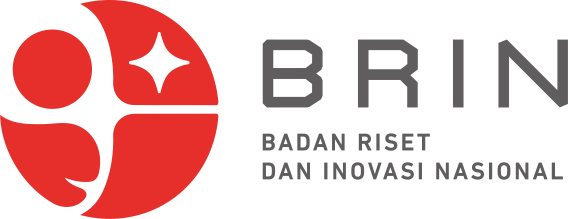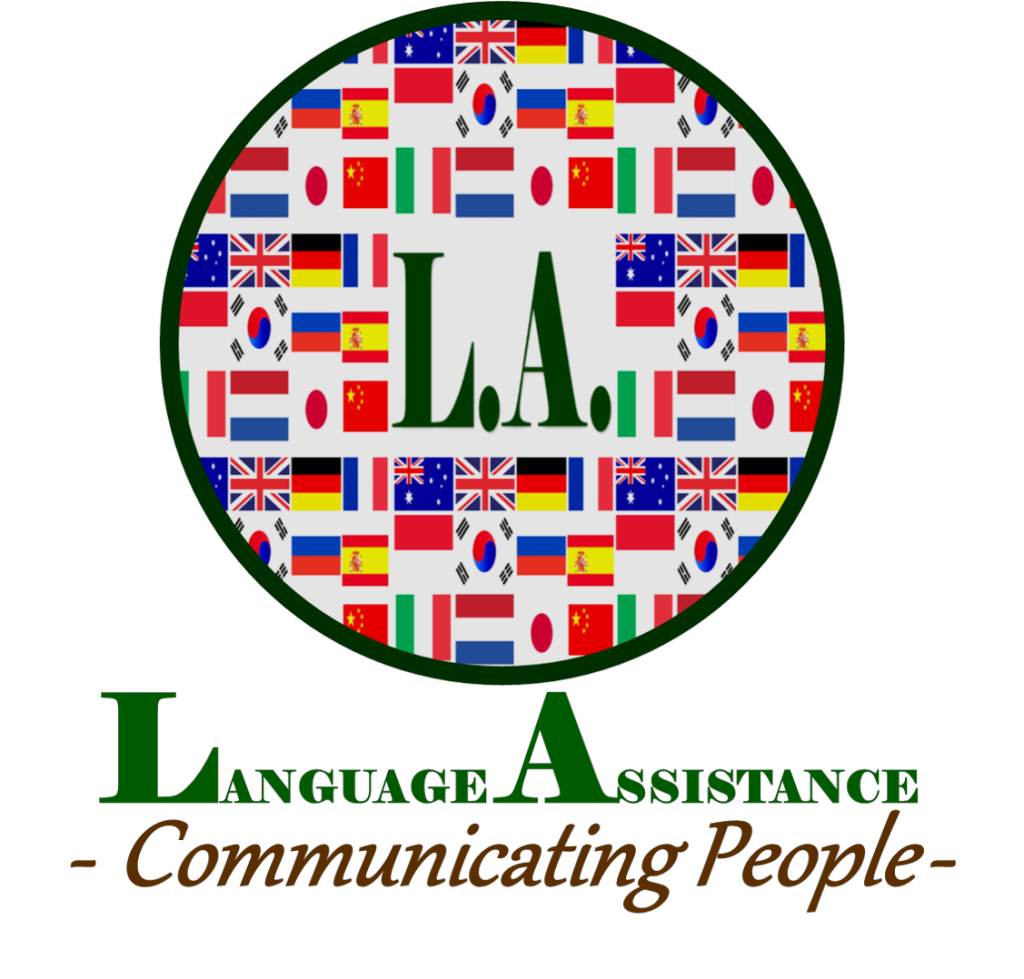Sustainable Tourism Development Strategy on Sumba Island: Utilising Cultural and Natural Resources for Local Economic Resilience
DOI:
https://doi.org/10.5281/zenodo.14602760Keywords:
Sustainable Tourism Development, Community Involvement, Natural Resource Management, Tourism Infrastructure, Ecotourism in Sumba.Abstract
Downloads
References
Andrianto, T., & Kusumah, A. H. G. (2021). The Journey of Mapping the Entire Destination Lifecycle. Journal of Tourism: Destination, Hospitality and Travel, 5(1), 10-19. https://doi.org/10.34013/jk.v5i1.278
Arida, I. N. S. (2016). Textbook of Sustainable Tourism (I. N. S. Arida (ed.); First). Sustain Press. https://simdos.unud.ac.id/uploads/file_pendidikan_1_dir/27853e1951c3f72a0e6e8a0be2a9ed30.pdf
Arida, I. N. S. (2017). Ecotourism: Development, Local Participation, and Challenges. In Cakra Press.
Bausch, T., Humpe, A., & Gössling, S. (2019). Does climate change influence guest loyalty at alpine winter destinations? Sustainability (Switzerland),11(15). https://doi.org/10.3390/su11154233
Chamidah, N., Guntoro, B., & Sulastri, E. (2020). Marketing communication and synergy of pentahelix strategy on satisfaction and sustainable tourism. Journal of Asian Finance, Economics and Business, 7(3), 177- 190. https://doi.org/10.13106/jafeb.2020.vol7.no3.177
Fadli, M. R. (2021). Understanding the Design of Qualitative Research Methods. Humanika, Scientific Review of General Subjects, 21(1), 33-54. https://doi.org/10.21831/hum.v21i1.
Hermawan, S., & Amirullah. (2016). Business Research Methods: Quantitative & Qualitative Approaches. Business Research Methods Bandung, 264.
Killa, M. F., & Tawa, A. T. (2024). Model for Small Enterprises Innovation on Climate Change and Tourism Industry: Learning from the Traditional Weaving Industry in Sumba. Journal of Law and Sustainable Development, 12(1), e2939. https://doi.org/10.55908/sdgs.v12i1.2939
Ngongo, Y., & Ngongo, M. (2021). Marapu and Farming: How Tourism Shape Rural Development and Ancient Tradition of Sumba Indigenous Community - Indonesia. E3S Web of Conferences, 316. https://doi.org/10.1051/e3sconf/202131604004
Nugroho, A. Y. A., & Harrison, A. (2021). COMMUNITY-BASED TOURISM DESTINATION MANAGEMENT STRATEGIES AFTER THE COVID19 PANDEMIC. National Seminar on Research and Community Service Results 2021 Development of the Nation's Economy Through Digital Innovation Research and Community Service Results, 1371-1384.
Scuttari, A., Windegger, F., Wallnöfer, V., & Pechlaner, H. (2023). Bridging the science-policy gap in sustainable tourism: evidence from a multiple case study analysis of UNWTO INSTO sustainable tourism observatories. Journal of Sustainable Tourism. https://doi.org/10.1080/09669582.2023.2279023
Setyanti, S. W. L. H., Yulisetiarini, D., & Paramu, H. (2021). Community based tourism and strengthening of ecopreneurship for the development of ecotourism in jember. Journal of Environmental Management and Tourism, 12(3), 782-786. https://doi.org/10.14505/jemt.v12.3(51).17
Simanungkalit, V. B., & Sari, D. A. (2015). Green Tourism Village Guidebook (1st ed.). Ministry of Cooperation and SMEs of the Republic of Indonesia.
Solikhah, N., & Fatimah, T. (2020). Lessons Learned from Vernacular Architecture Toward Sustainable Human Settlements: Insights from Praigoli Village, West Sumba, Indonesia. ISVS E-Journal, 7(4), 37-52.
Subadra, I N. (2024). PARIWISATA BERKELANJUTAN: Teori dan Praktik. Denpasar: YAGUWIPA.
Subadra, I N. (2024). Examining the Tour Guides‘ Rights and Obligations toward Inequities: The Case of Bali Cultural Tourism Destination. In: V.B.B. Gowreesunkar & Korstanje, M. E. (Eds). Anthropology of Tourism: Exploring the Social and Cultural Intersection. Apple Academic Press.
Subadra, I N. (2019). Alleviating poverty through community-based tourism: Evidence from Batur Natural Hot Spring Water – Bali. African Journal of Hospitality, Tourism and Leisure, Volume 8(51).
Subadra, I., (2019). Gaining in-depth understanding through mixed methods case study: An empirical research from temple tourism in Bali. In Sage Research Methods Cases Part 2. SAGE Publications, Ltd., https://doi.org/10.4135/9781526487056
Sugiyono. (2019). Quantitative Qualitative and R&D Research Methods (1st ed.). Alfabeta.
Timuneno, T., Fanggidae, A. H. J., Maak, C. S., Riwu, Y. F., & Manongga, I. R. A. (2024). Potential Development Strategy for Creative Economy-Based Ecotourism on Sumba Island, Indonesia. Proceedings of the International Conference on Economic Management, Accounting and Tourism (ICEMAT 2023), Advances in Economics, Business and Management Research, Icemat 2023, 161-177. https://doi.org/10.2991/978-94-6463-411-2_14
Wanti, W., Gunawan, Y. E. S., & Yurissetiowati, Y. (2022). Education on Clean and Healthy Lifestyle and Use of Masks in the Praingu Prailiu Tourism Village, East Sumba. Indonesian Journal of Community Services Cel, 1(1), 49-55. https://doi.org/10.70110/ijcsc.v1i1.7
Wisnawa, I. Made B., Subadra, I. N., Kartimin, I. W., Aristana, I. N., Arsawan, I. W. E., & Hartini, N. M. (2023). Analysing Tourism Brand Loyalty and E- Marketing Development in Bali, Indonesia. Qubahan Academic Journal, 3(4), 314-331.https://doi.org/10.58429/qaj.v3n4a190
Wisnawa, I Made Bayu, Prayogi, P. A., & Sutapa, I. K. (2021). Tourism Marketing Management- Development of Potential Rural Tourism Products (A. Y. Wati (ed.); First). Deep Publish. https://books.google.co.id/books/about/Manajemen_Pemasaran_Pariwisata_Pengemban.html?id=ezcgEAAAQBAJ&redir_esc=y
WWF-Indonesia, D. K. and P. and. (2009). Principles and criteria of community-based ecotourism. In Ecotourism.
Zheng, T., Yu, J., Cheng, Q., & Pan, H. (2023). The Influence Mechanism and Measurement of Tourists' Authenticity Perception on the Sustainable Development of Rural Tourism-A Study Based on the 10 Most Popular Rural Tourism Destinations in China. Sustainability, 15(2), 1454. https://doi.org/10.3390/su15021454
Downloads
Published
Issue
Section
License
Copyright (c) 2024 I Made Bayu Wisnawa (Author)

This work is licensed under a Creative Commons Attribution 4.0 International License.
















